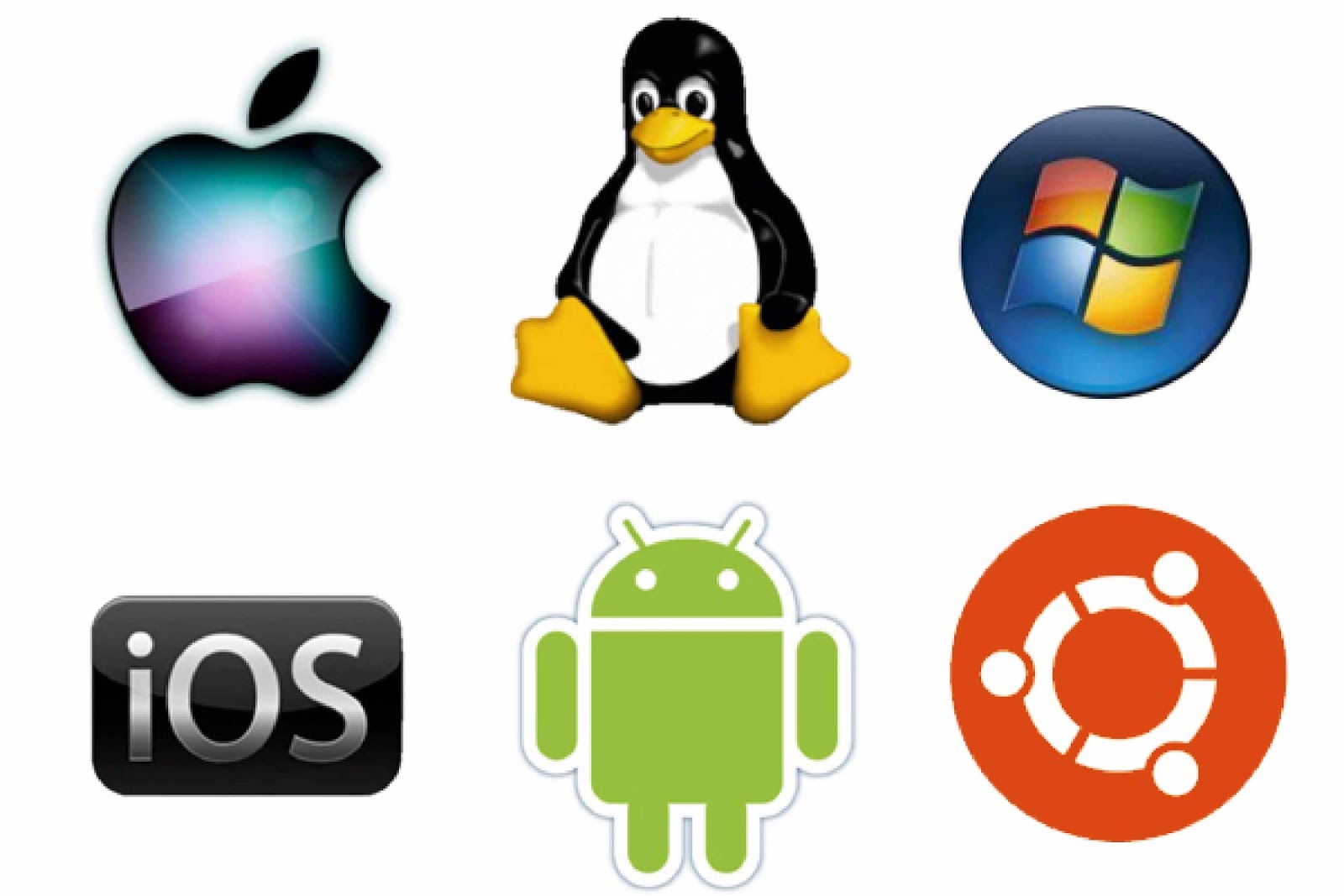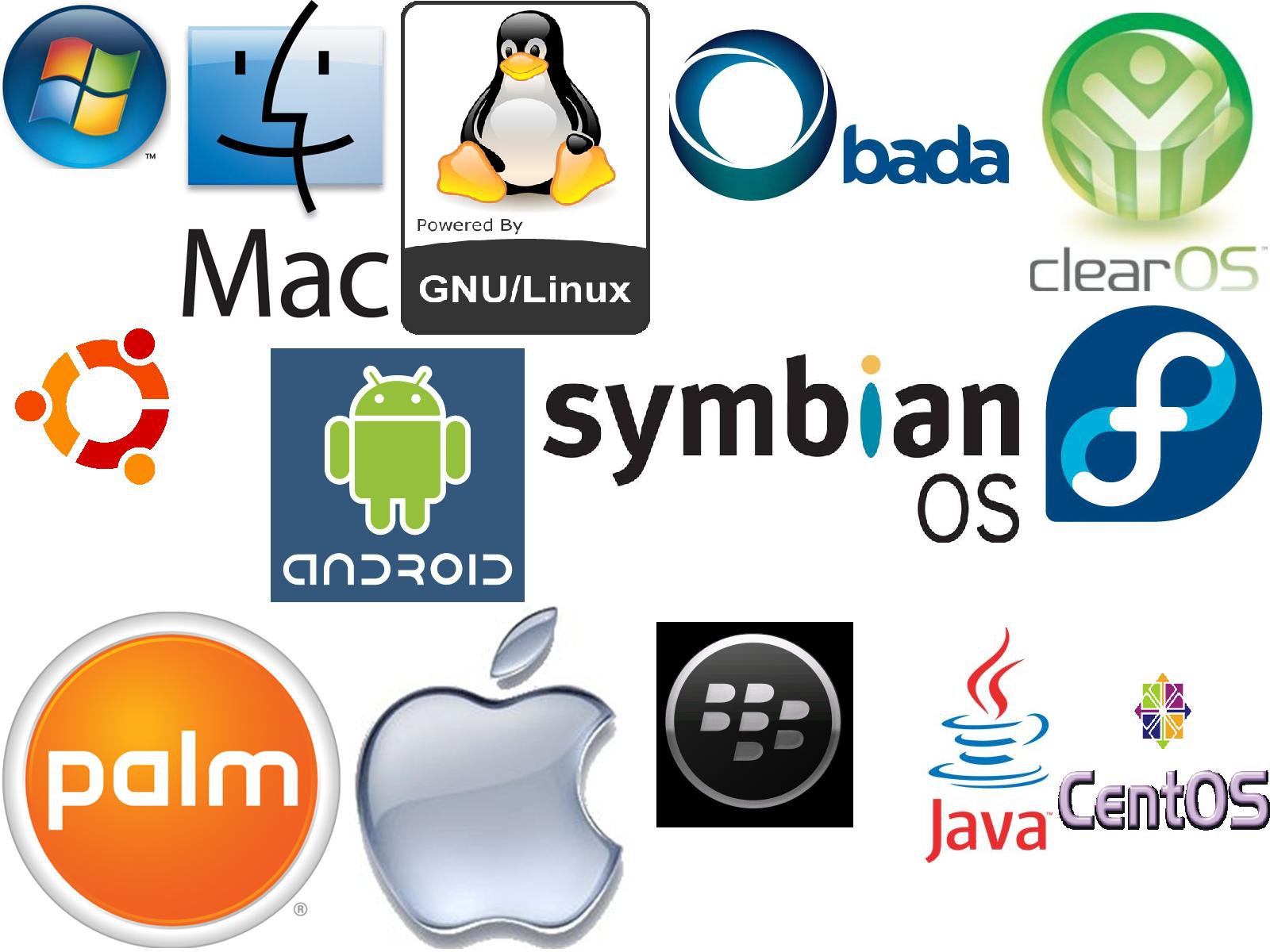Operating systems are essential components of modern computing, acting as the intermediary between users and computer hardware. They manage resources, enable applications to run, and provide a user interface for interaction. In essence, an operating system (OS) is what allows our devices, whether they be desktops, laptops, or smartphones, to function effectively.
As technology continues to evolve, the operating systems used across various devices adapt to meet the growing demands of users. From the early days of computing with simple command-line interfaces to today's sophisticated graphical environments, operating systems have undergone significant transformations. They not only facilitate user interaction but also ensure security, stability, and efficiency in processing tasks.
In this article, we will explore the various types of operating systems, their functions, and their significance in the world of technology. Whether you are a tech enthusiast or a casual user, understanding operating systems is crucial for navigating and leveraging the full potential of your devices.
What Are the Main Functions of Operating Systems?
Operating systems perform several key functions that are vital for the overall performance of a computer. Here are some of the primary functions:
- Resource Management: Allocating CPU time, memory space, and I/O devices to various applications.
- File Management: Organizing data and managing file systems for easy access and storage.
- Process Management: Overseeing the execution of processes and managing multitasking capabilities.
- User Interface: Providing a means for users to interact with the computer, whether through command line or graphical interface.
How Do Operating Systems Differ from One Another?
Operating systems can vary significantly based on their architecture, functionality, and targeted user base. Here are some common types:
- Windows: A widely used OS that provides a graphical user interface and rich application support.
- macOS: Developed by Apple, known for its sleek interface and strong security features.
- Linux: An open-source OS favored for its flexibility and use in servers and development environments.
- Android: A mobile OS designed for touchscreen devices, based on the Linux kernel.
What Are the Key Components of an Operating System?
Understanding the architecture of an operating system can provide insights into how it functions. The main components include:
- Kernel: The core component that manages system resources and communicates with hardware.
- Shell: The interface through which users interact with the OS, can be command-line or graphical.
- File System: The method by which data is stored and organized on a disk.
- Device Drivers: Software that allows the OS to communicate with hardware peripherals.
What Role Do Operating Systems Play in Security?
Security is a major concern in computing, and operating systems play a crucial role in protecting data and resources. Key security features include:
- User Authentication: Ensuring that only authorized users can access the system.
- Access Control: Managing permissions for users and applications to prevent unauthorized access.
- Encryption: Protecting sensitive data through encryption techniques.
- Regular Updates: Providing patches and updates to address vulnerabilities and improve security.
How Do Operating Systems Support Multitasking?
Multitasking allows users to run multiple applications simultaneously. Operating systems support multitasking through:
- Process Scheduling: Allocating CPU time to various processes based on priority and requirements.
- Memory Management: Efficiently managing RAM to ensure that multiple applications can operate without conflict.
- Context Switching: Saving the state of a process so that it can be resumed later, allowing users to switch between tasks seamlessly.
What Are the Future Trends in Operating Systems?
As technology progresses, operating systems are likely to evolve in several directions:
- Increased Integration with Cloud Services: Operating systems may increasingly rely on cloud computing for storage and processing power.
- Greater Focus on IoT: Operating systems specifically designed for Internet of Things devices will become more prevalent.
- Enhanced Security Features: As cyber threats grow, operating systems will likely implement more robust security measures.
- AI and Machine Learning Integration: Operating systems may begin utilizing AI to improve efficiency and user experience.
Conclusion: Why Understanding Operating Systems Matters
Operating systems are a fundamental aspect of computing, influencing how we interact with technology daily. By understanding their functions, types, and future trends, users can better navigate their devices and leverage their capabilities. Whether you're a developer, IT professional, or an everyday user, a solid grasp of operating systems will enhance your technological literacy and empower you to make informed decisions in a tech-driven world.
Article Recommendations
- Discover Overseas Basketball Salaries A Countrybycountry Guide
- Heavy D Sister An Indepth Insight
- Frank Martin Biography A Deep Dive Into His Life


